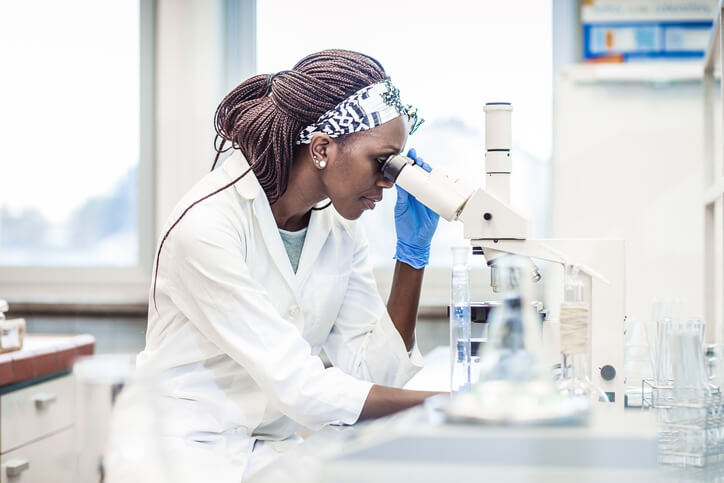Imaging and Diagnostics
That Treats You Like Family

A biopsy procedure is when a small amount of tissue is taken out of the body so that it can be viewed and evaluated. This helps doctors determine if the organ or area from which the tissue was removed is healthy or if disease is present. Based on the results of a biopsy, a doctor may request that additional procedures be performed or prescribe treatment.
A biopsy is typically performed when other procedures don’t provide a clear or complete answer to a medical question. In some cases, the question is about the presence or absence of disease. In others, it’s about whether or not a disease has progressed or a treatment is working.
There are many reasons why a biopsy might be performed. Some of the more common include:
How’s a biopsy done and what does a biopsy show? That depends on the type of biopsy performed.
There are many different biopsy types. Each is used for a specific purpose or purposes. Some of the more common biopsies are:
The doctor inserts a needle into an organ or area and uses it to extract a tissue sample.
A circular blade is used to cut out a cylindrical tissue sample. Punch biopsies are most commonly used on the skin.
A narrow needle is inserted into a mass and material is withdrawn. This is often referred to as fine-needle aspiration.
A single incision is made to enable the surgeon to access the tissue in question, or multiple incisions are made to allow access for multiple instruments in what’s called laparoscopic surgery.
Some of the organs and areas most commonly assessed using one of the types of biopsy procedures are the liver, kidneys, prostate, and bones.
Your doctor will tell you how to prepare for a biopsy, if one is required. The specific instructions will depend on the type of biopsy, but you may be told to:
If you have questions like, “How long does a biopsy take?”, your doctor can answer them before your procedure.
That Treats You Like Family
If you’re having a needle biopsy or punch biopsy, you may feel a sharp pinching sensation at the site as the procedure is performed, and will probably be sore in the area for a few days afterward. If you have a surgical biopsy, you’ll be given anesthesia and it may take a little time after the procedure for your head to clear. Your doctor will give you aftercare instructions for the puncture or incision site.
How long do biopsy results take? Typically, a report is produced by a pathologist and sent to your doctor within a few days. Your doctor will then contact you to discuss the report.
Learn more about biopsies and other imaging and diagnostic procedures with Baptist Health. If you’d like to schedule an appointment with our doctors, please contact the Baptist Health Imaging & Diagnostics team.